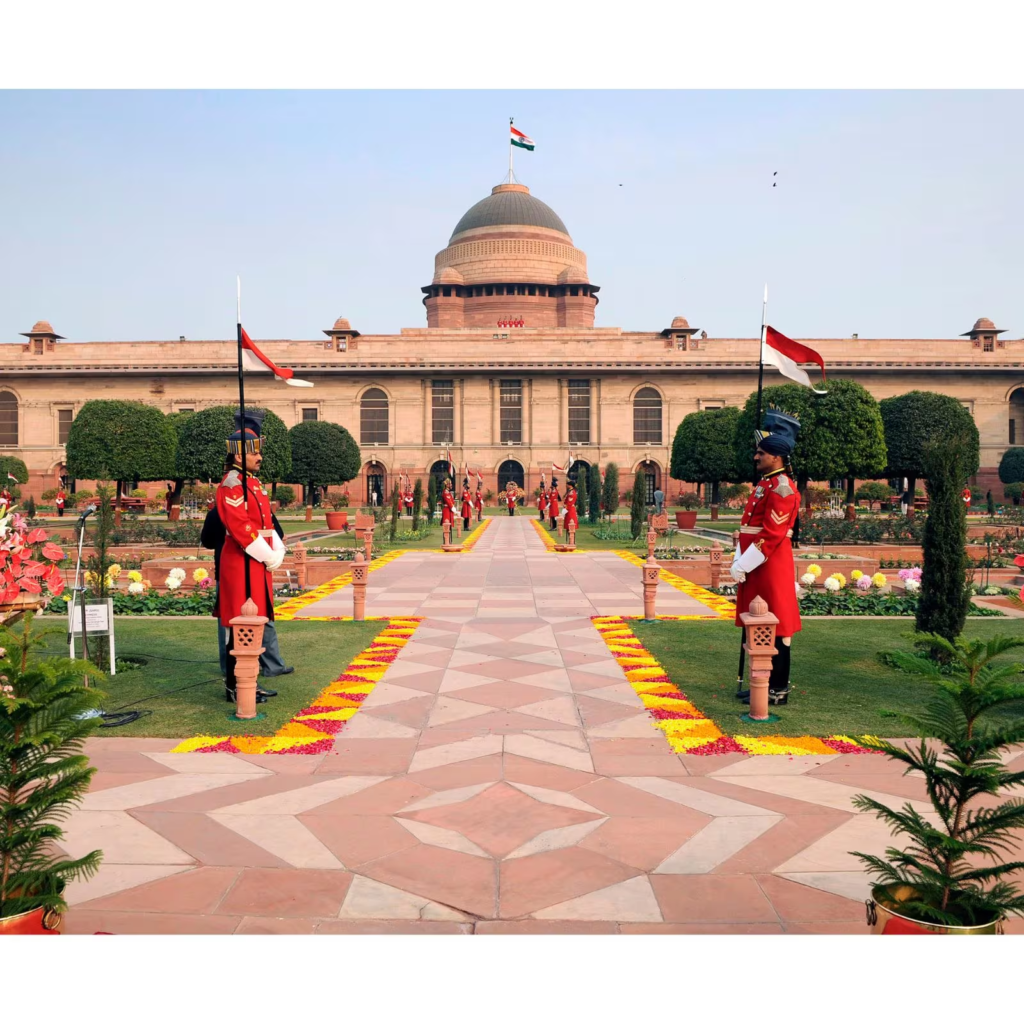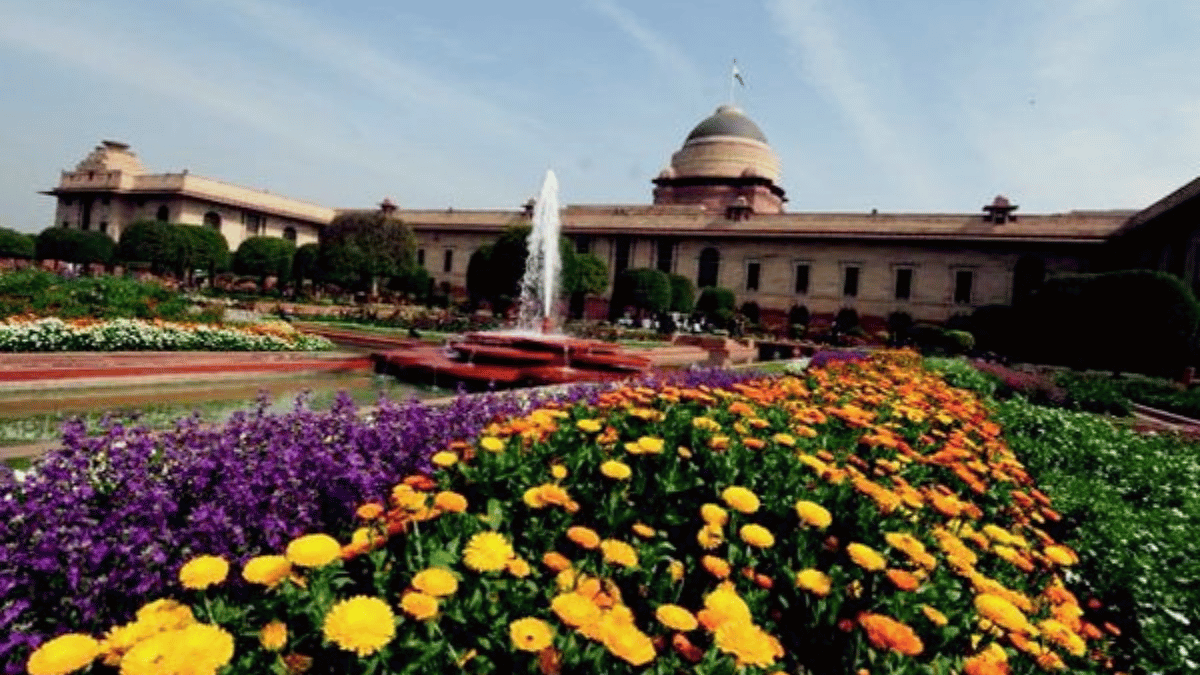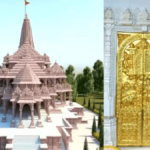Exploring the Botanical Garden: Amrit Udyan at Rashtrapati Bhavan
Nestled in the heart of New Delhi, Amrit Udyan at Rashtrapati Bhavan, formerly known as Mughal Gardens, stands as a captivating blend of nature and history. These meticulously manicured gardens not only bear witness to India’s rich heritage but also offer a tranquil escape from the bustling city life. Open for a brief period each year, enthusiasts can plan their Delhi holidays to witness this horticultural haven.
Inspired by the classical Mughal botanical garden style, Amrit Udyan boasts meticulous geometric patterns and flowing watercourses. Inaugurated in 1919 and designed by Sir Edwin Lutyens, the botanical garden have evolved into a symbol of horticultural excellence in Delhi.
The optimal time to visit Amrit Udyan is when the flowers are in full bloom, typically from February to March. During this period, the Rashtrapati Bhavan hosts the annual ‘Udyanotsav’ or Garden Festival, where visitors can revel in the burst of colors as flowers from around the world come to life. The weather in February and March adds to the pleasant outdoor exploration experience, enhancing the visual spectacle created by the blooming flowers.
Botanical Garden in Historical Rashtrapati Bhavan

While entry is free for all visitors, online registration at Rashtrapati Bhavan’s official website is mandatory. Walk-in visitors can obtain entry passes from the Self-Service Kiosks near Entry Gate No. 35. Visitors can opt for individual tours or guided tours, with online registration available for the latter at no cost. Once inside the botanical garden, visitors have free access to:
Terraced Gardens:
The famous Rectangular, Long, Circular, and Spiritual Gardens are all structured in terraces, showcasing an impressive collection of flowers, shrubs, and trees from India and around the world.
Musical Fountain:
A highlight of Amrit Udyan, the Musical Fountain features synchronized music and colorful lights, adding magic to the overall experience.
Herbal Garden:
Home to both ornamental and medicinal herbs, the Herbal Garden boasts around 35 species of medical and aromatic plants. Inaugurated by Dr. A. P. J. Abdul Kalam in 2003, it serves as a unique educational space.
Bonsai Garden:
A popular destination within Amrit Udyan, the Bonsai Garden showcases a diverse array of bonsai trees, drawing visitors of all ages. The carefully crafted bonsais highlight the artistry of horticulture, presenting miniature marvels to be admired.






